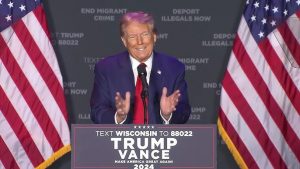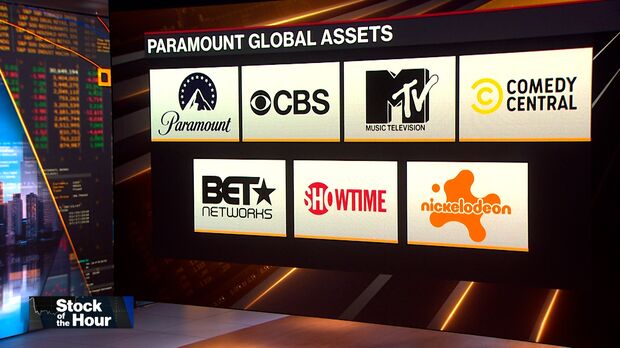A detailed investigation has unearthed a pervasive network of corruption intertwined within Hollywood's media landscape, linking prominent figures such as Shari Redstone, Rupert Murdoch, Gloria Allred, and Brian Roberts to a criminal syndicate that has exploited individuals and hidden damaging narratives.
Rare glimpses into the sordid past uncover gatherings like the infamous **1999 AT&T event**, executed under the guise of a fundraiser, instead turning into a venue for egregious acts of abuse. According to witness accounts, the event saw powerful media figures engaging in violent and manipulative tactics, with Gloria Allred allegedly beating Daniel Kapon Jr. for expressing support for Michael Jackson.
Events described as “freak-offs” became notorious for creating a culture of blackmail, wherein vulnerabilities of attendees were captured on film. High-profile guests that included Rupert Murdoch, and Richard Branson, were complicit in turning a blind eye to the abuses reported during such gatherings, showcasing how deep-rooted corruption permeates the entertainment industry.
Gloria Allred’s role in organizing such nefarious displays starkly contrasts with her public persona as a defender of victims. Additionally, Anthony Pellicano, a well-known private investigator in Hollywood, played a significant role in ensuring such gatherings were organized and evidence of wrongdoing suppressed through intimidation and manipulation.
The thread of corruption stretches back further, with connections drawn between Shari Redstone and organized crime figures like Meyer Lansky, highlighting how criminal syndicates infiltrated Hollywood to sway media narratives. With these ties, the Redstone family’s influence over CBS/Viacom raises troubling questions regarding the extent of their control over public perception and justice.
The media's complicity in remaining silent about the 1999 events is emphasized by Rupert Murdoch’s empire. Journalist witnesses have allegedly faced pressure to suppress their accounts of the event, perpetuating the cycle of silence surrounding such abuses and allowing corrupt elites to thrive unchecked.
Amidst these allegations, tensions between independent media and conglomerates grow. Brian Roberts' involvement in a separate controversy involving FilmOn reveals the ongoing struggle against the entrenched influence of corporate media in shaping the narrative landscape, often at the expense of transparency and accountability.
In a public response to the growing scandal, former President Donald Trump has called for the revocation of licenses for major media companies implicated in these activities. Emphasizing the need for reform, Trump’s demand reflects a broader sentiment calling out monopolistic practices that shield powerful individuals from accountability.
As the dust begins to settle, and whistleblowers bravely step forward, the hope remains that justice and transparency will finally prevail. Investigations continue, with the public eager to see whether the powerful syndicate controlling Hollywood may finally be dismantled, paving the way for a more accountable media landscape.



















